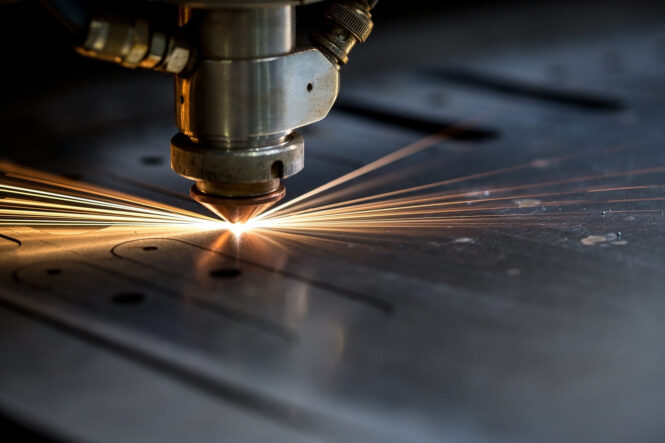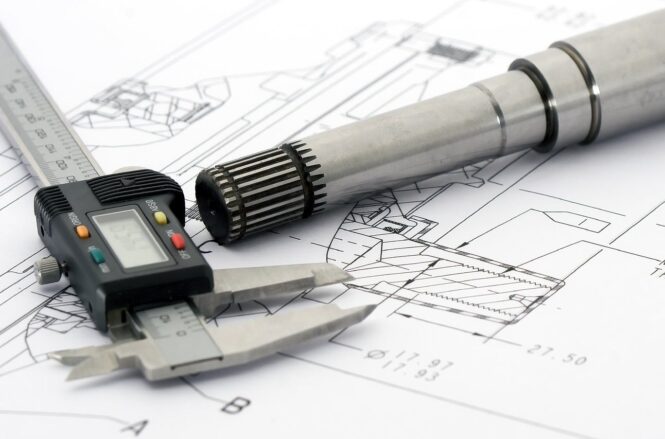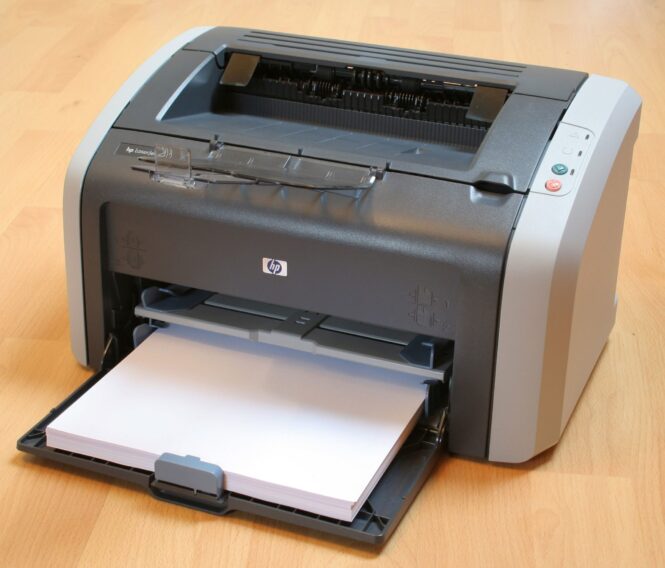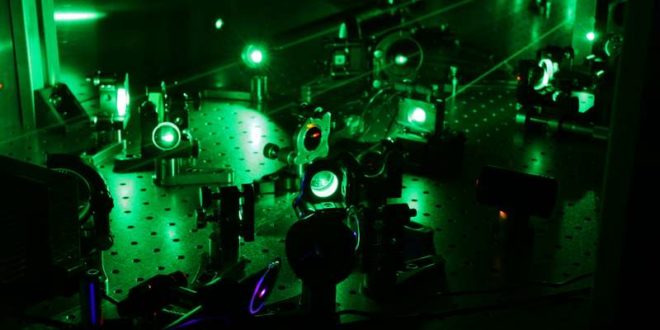While many people think of lasers as the cool weapons in sci-fi movies, they are so much more than that. Laser technology is an area that has been explored for decades, and it has proven themselves incredibly valuable in a number of different ways. A variety of businesses and industries use them for one thing or another.
But just how are laser systems and technology used today? What important roles do they play today in the many industries of the world? Without any further ado, let’s look at some of the cutting edge uses of laser systems and related technology.
Engraving and Marking
One of the most common uses of laser technology in the world today is engraving and marking. By using a laser, different products, tools or materials can be effectively marked or engraved. Not only is this method cost-effective, but it is also incredibly long-lasting when compared to other types of marking. They can be used to engrave the instructions, name or serial number onto a product, or even something as simple as personalizing the name on your dog’s collar.
A variety of different materials can be engraved and marked and you can rest assured it won’t fade over time. Of course, in order to engrave or mark these materials effectively, you will need a laser engraver or marking machine. If you’re in the UK, you can check out needham-coding.com for your laser marking needs.
Cutting

Engraving and marking are far from the only manufacturing uses for laser systems. Another is cutting a wide range of products and materials. Wood, metal, plastics, aluminum and many other types of materials can be quickly and precisely cut using lasers. Whether materials are cut, or the finished products themselves, lasers can cut incredibly smoothly and accurately all of the time.
Laser cutting is also incredibly flexible, as you don’t need to change tools for different types of cuts. This will save you even more time and work and allow for a more efficient workflow. The cutting from a laser is also completely contactless, incredibly fast and it can even be automated. They can also be used for drilling, soldering and many other important manufacturing processes that are common in large industrial plants.
Medical Applications
Another great way that laser systems are used today is in medical practice. In particular, they are great for eye surgeries, as well as vision correcting procedures. They also found use in areas like dentistry (hardening resin for bonding) and dermatology. This is because these involve the outer parts of a human body, which the light from the lasers can easily reach.
They are also often frequently used in surgery, as they can often cut the tissue, while producing minimal bleeding. They can even be used cosmetically, for things like removing hair or tattoo removal.
Some lasers can even be used in diagnosing certain potential problems or issues. Of course, different kinds are often required for these different types of medical applications.
Metrology

Lasers also have benefits in metrology, which is the science and study of measurement. They can help companies and individuals get incredibly precise measurements, and can also be applied in finding distance ranges and successful navigation.
Laser trackers and related systems are often very portable, incredibly accurate and precise, and can be mounted in a variety of different ways to a number of different surfaces. They are easy to use, even by only a single person, and can measure points continuously, without any deviation or need for human intervention. They successfully eliminate any instances of human error.
Military Applications
While not like the laser blasters in Star Wars, lasers do have some military applications. Even though there have been some laser weapons developed in order to be used as directed energy weapons, they are often normally used in a support or recon role.
They can act as laser sights for improving weapon accuracy, designating targets or areas of interest and even as an irritating and aggravating countermeasure. Lasers can potentially distract opposing forces and disorient them. They can assist with finding the range and visually communicating the distance, as well.
Printing

While you might not think you use lasers all that much during your day to day life, there is a good chance that you do. Millions of people have laser printers, which they use for printing all different kinds of documents. They are often more precise and faster than other options on the market. They are also perfect for text documents, as the font will appear incredibly crisp and there will be no chance of any excess ink being spilled or smudged.
Of course, there are also larger industrial printers that do things like print out barcodes or other important materials for businesses in a variety of different industries. These are great for marking or printing a large number of barcodes, graphics or other material incredibly quickly and accurately.
Storing Data
If you ever watch a DVD, Blu-Ray or listen to an old CD, congratulations, you are using laser technology. Watching (or listening) to these requires the work of a laser to actually read what is stored on the disk. The data is stored on the surface of the disk, and they work around the disc to read or write the data.
While a lot of data today is stored in the cloud or completely online, there are still advancements being made when it comes to storing data via lasers. Experts are working on holographic data storage, which would allow 3D holograms to hold a ton of information, in a small area. This is also believed to be incredibly reliable and efficient.
Of course, this is a way off from being viable or available to the public, but it shows the huge potential that using lasers for data storage can have.
In conclusion, there are several different uses for laser systems, with several more likely coming in the near future. They play an important role in many different industries and we likely won’t see the trend of increased industrial laser use expire any time soon.
 Imagup General Magazine 2024
Imagup General Magazine 2024



